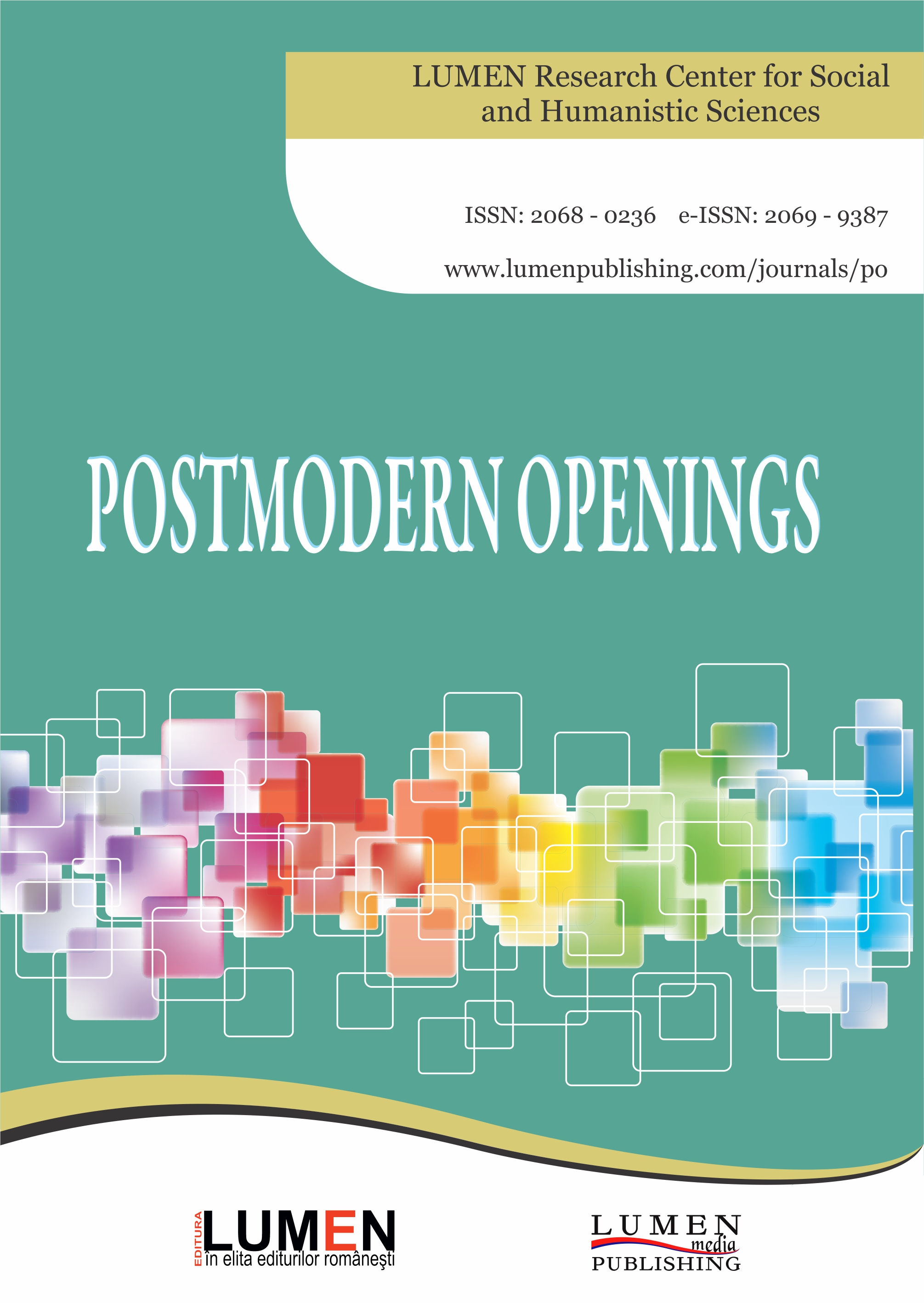The Role of Human Communicative Competence in Post-Industrial Society
The Role of Human Communicative Competence in Post-Industrial Society
Author(s): Olha Ilishova, Lesia Moroz-Rekotova, Yuliia Semeniako, Nelia Podlevska, Oksana Raniuk, Inna HoriachokSubject(s): Social Sciences, Sociology, Theory of Communication, Higher Education , Educational Psychology, Sociology of Education, Pedagogy
Published by: Editura Lumen, Asociatia Lumen
Keywords: Educational neuroscience; communication; educational process; case method; professional activity; neural networks;
Summary/Abstract: The article considers the scientific category of “educational neuroscience” as a promising interdisciplinary field of research that studies relationship between education and the sciences of higher nervous activity. The role of theoretical research in the field of neuroscience for creation of modern distance educational technologies is determined. It is established that use of neuroscience in learning process expands and enhances competency characteristics of higher education students in research, diagnostic and professional activities. The problem of obtaining neuroscientific knowledge by higher education students, which will help provide future specialists with a sufficient communicative level of skills in everyday life and work environment, has been brought up to date. Evaluation of large-scale application of the distance learning system in the process of formation of communicative competencies of higher education students is carried out. The main problems that arise in higher education students and teaching staff when working in the distance learning system are analyzed. Possibilities of application of mobile devices and applications in educational process at a distance form of training are considered. The effectiveness of application of information and communication technologies in the process of formation of communicative competencies in higher education students is clarified. The positive and negative impact, advantages and disadvantages of distance learning for both higher education students and the academic teaching staff of higher education establishments, including in the context of neuroscience, have been identified and generalized.
Journal: Postmodern Openings
- Issue Year: 13/2022
- Issue No: 4
- Page Range: 402-426
- Page Count: 25
- Language: English

